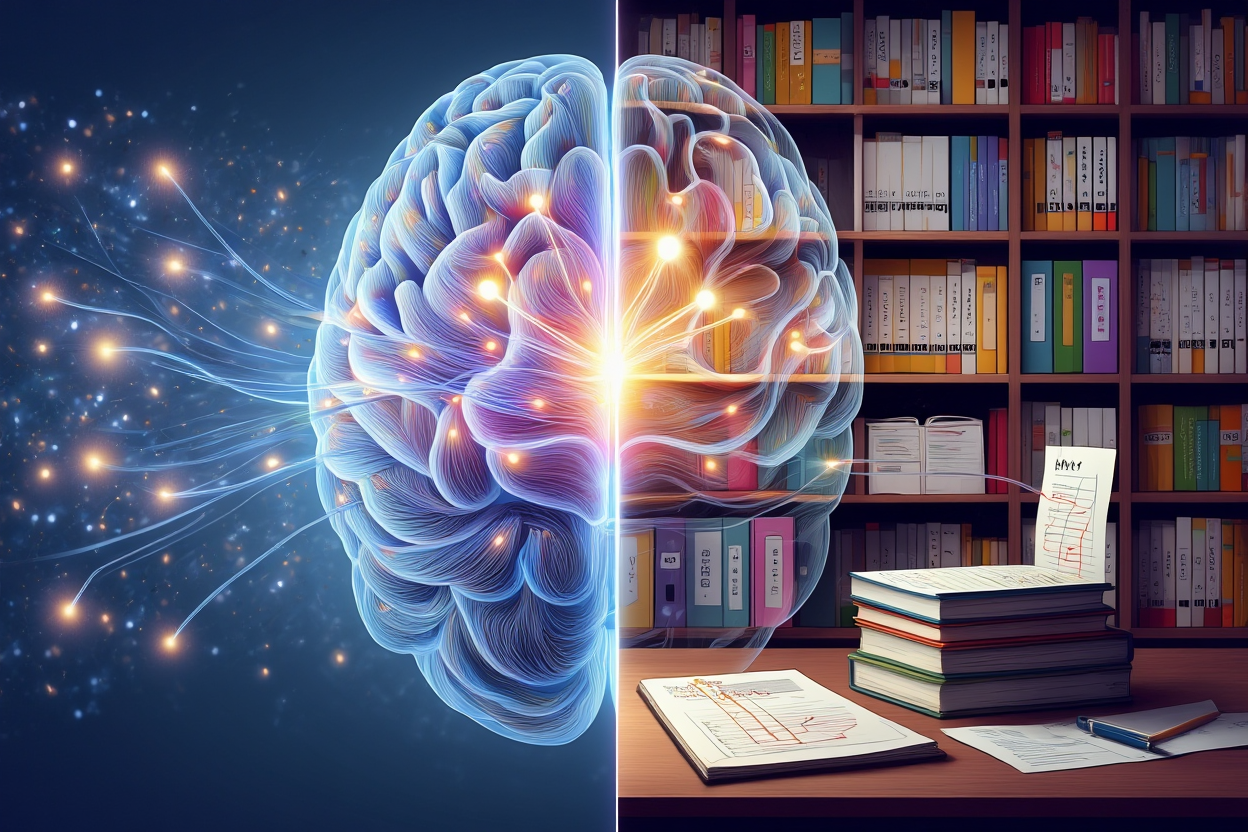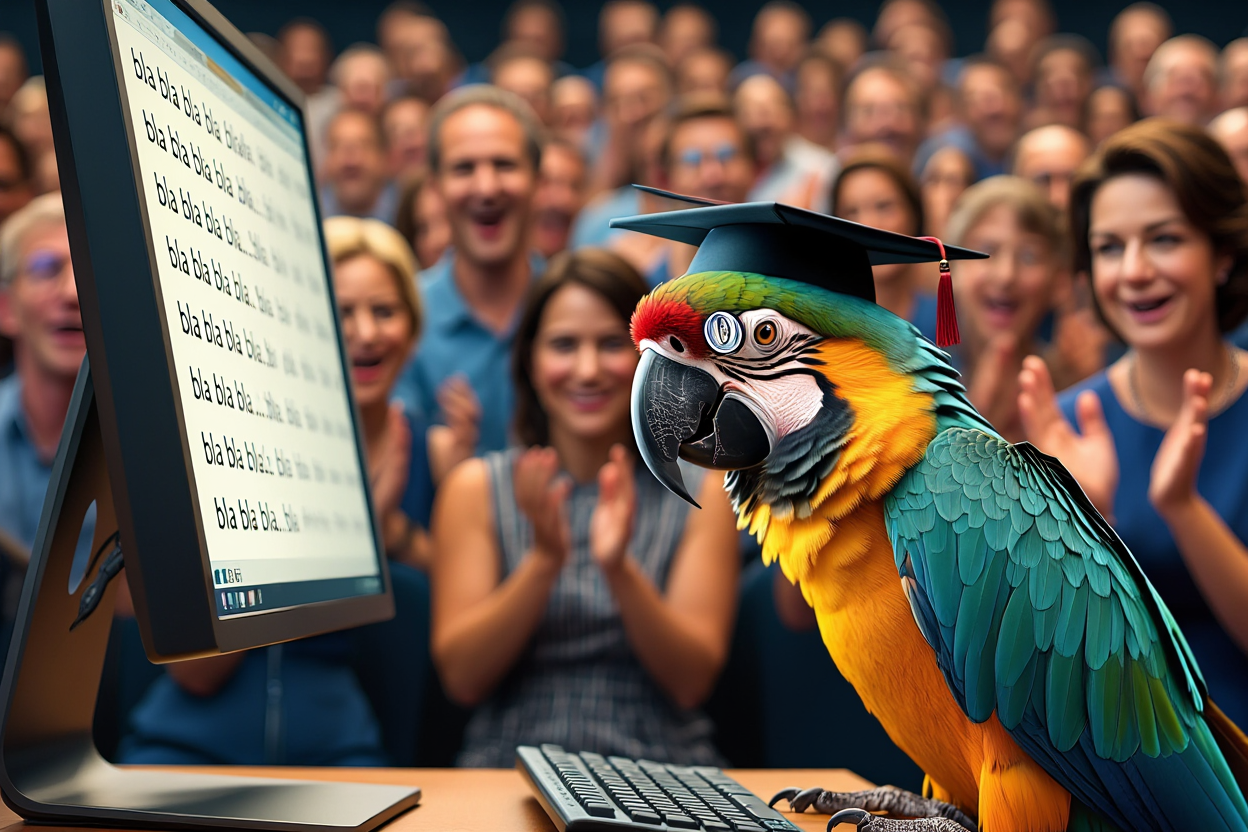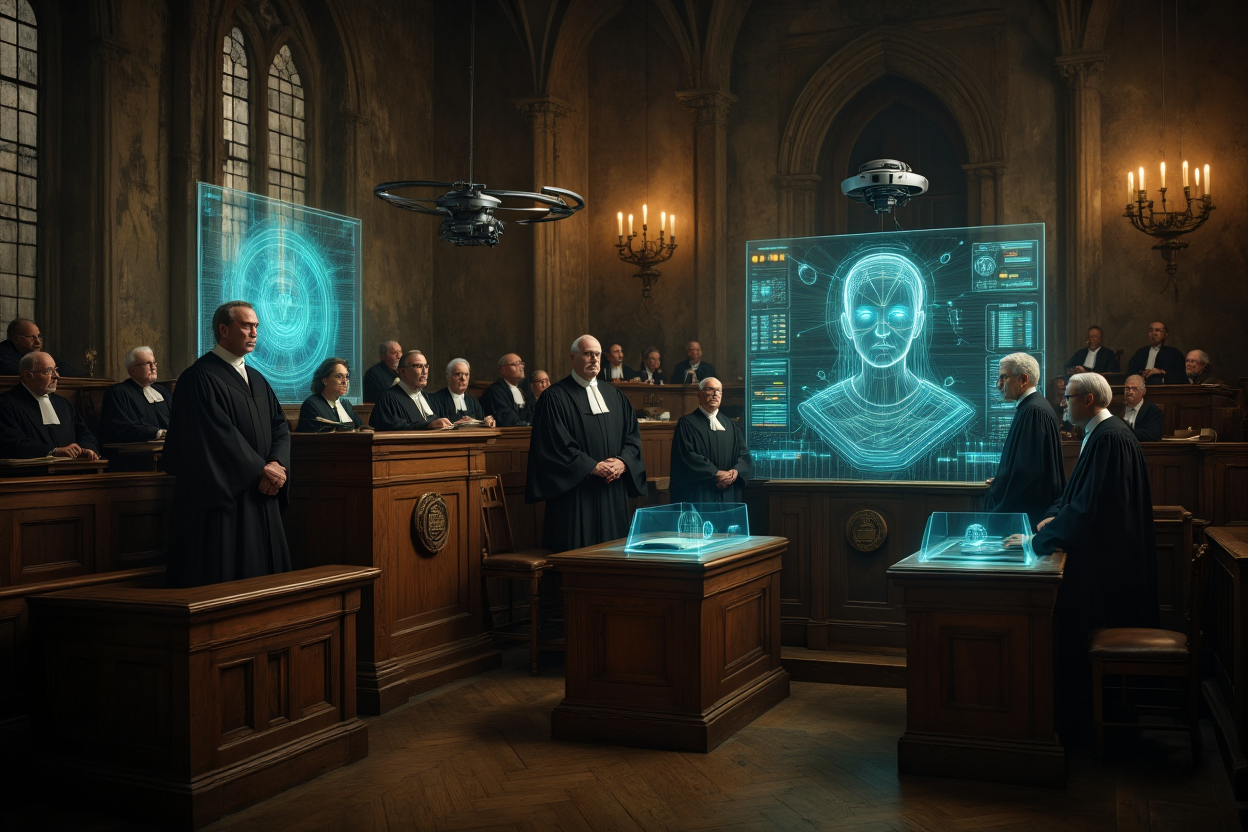Last week, I told you about the ants—those quiet beings who hold the world together while others parade on stage. This week again, I won’t be talking about artificial intelligence, robots, algorithms, or generative AI…
Once more, I’m staying in this very human, very intimate vein. Still about us. Always about us. Because before understanding what machines do to our thinking, we might first need to understand what we’ve done to our own capacity to think.
This time, I’m taking you into more subtle, more troubling territory: our relationship with our own ideas. A silent shift that concerns us all, connected or not, technophiles or technophobes.
I promise, starting next week, I’ll resume my “AI in All Its States” series. But for now, let me tell you about this strange thing that happens to us when we stop inhabiting our own questions…
You type a question into your search engine. In 0.3 seconds, you have your answer. Satisfying, right?
Yet… something strange is happening. This bewildering ease might be hiding a deeper transformation in our relationship with thinking.
There was a time when searching was already an act in itself. When not knowing immediately wasn’t a problem to solve, but a space to inhabit. Today, we slide from one answer to the next, from one pre-digested content to another. We validate more than we choose. We apply more than we understand.
But what happens when thinking becomes optional? Between the seductive efficiency of our tools and our old habit of thinking for ourselves, a silent shift is taking place. Not brutal, not visible. Just… comfortable.
The question isn’t whether technology is good or bad. It lies elsewhere, more intimate: do we still recognize our own voice when we think?




